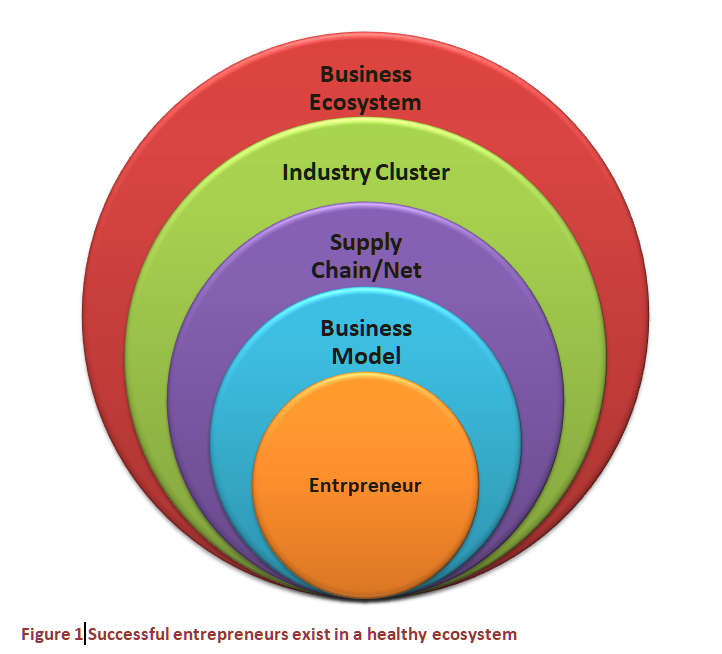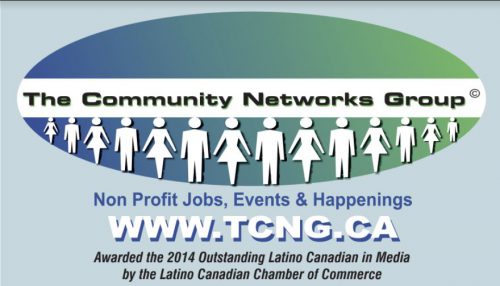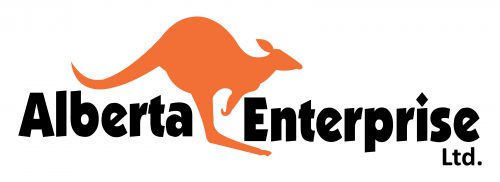No one stands alone. Everyone and everything is connected. We each take inputs from others, and generate valued outputs for others. But your business or organization is stronger when it is aligned with other components of the local economic system, such as other businesses, organizations and infrastructure. This often takes the forms of partnerships, supply chains, industry clusters and the broader business ecosystem.
You can think of the roles played by institutions throughout the community, even if they are not conventionally thought of as economic institutions. These would include the municipal government, schools and colleges, hospitals and non-profit, non-government agencies. Each of these in fact contributes to the local economy through provision of valued services, staff salaries and purchase of local supplies and services. Schools and colleges, for example, produce specialized labour for the economy.
Let’s not forget the community infrastructure. Roads, streets, highways, ports as well as the buildings are part of the local economy. Shopping malls, industrial parks and business parks are important to the success of the businesses they house. These all depend on utilities such as electricity, water and sewer lines, telephone and internet. A local economy also depends on communication infrastructure such as local radio and television stations.
We can even go further to include the natural environment. In resource towns, natural resources, including mining, forestry, and agriculture are clearly part of the local economy. Untapped reserves are assets with economic value. Tourism largely depends on the local landscapes and infrastructure. Talent is attracted to a locale that has good outdoor recreation opportunities. Lastly, we must include the economic externalities. Businesses produce wastes as byproducts. They may be various sorts of pollution. Pollution has a negative effect on local environment. It may be an obvious impact such as smoke as a detractor in the tourism industry. It may mean contaminated soil or water that effects agriculture or fisheries. But we also value the pristine nature for itself. If you want an accurate scorecard of the local economy, you must be aware that these negative externalities diminish the value of the economy.
Each embedded layer of the economic system is co-dependent on the other layers. Your business is stronger if you have a business model that works for your natural talents and interests. That includes surrounding yourself with people who have similar values and complementary talents, skills and knowledge. Your business model needs to align with the opportunities provided by local supply chains and customer markets. These chains and markets will best support your business if they ate in turn well aligned with local industry clusters and the broader business ecosystem.
Take some time to make an investment in your local economic system. Find out where a small investment of your time and talents will produce big improvements. You will learn how these improvements impact your business and how to become a recognized leader.





































